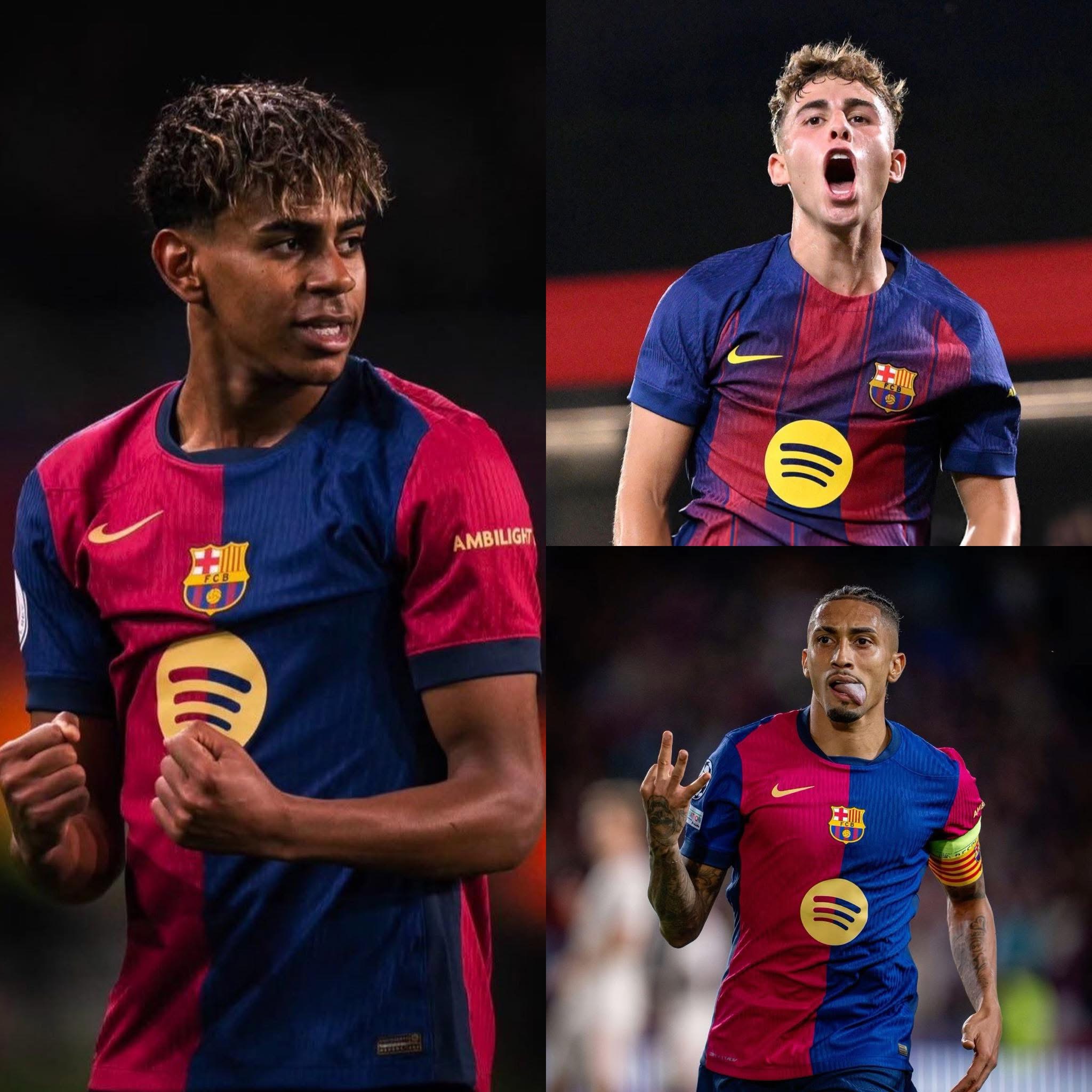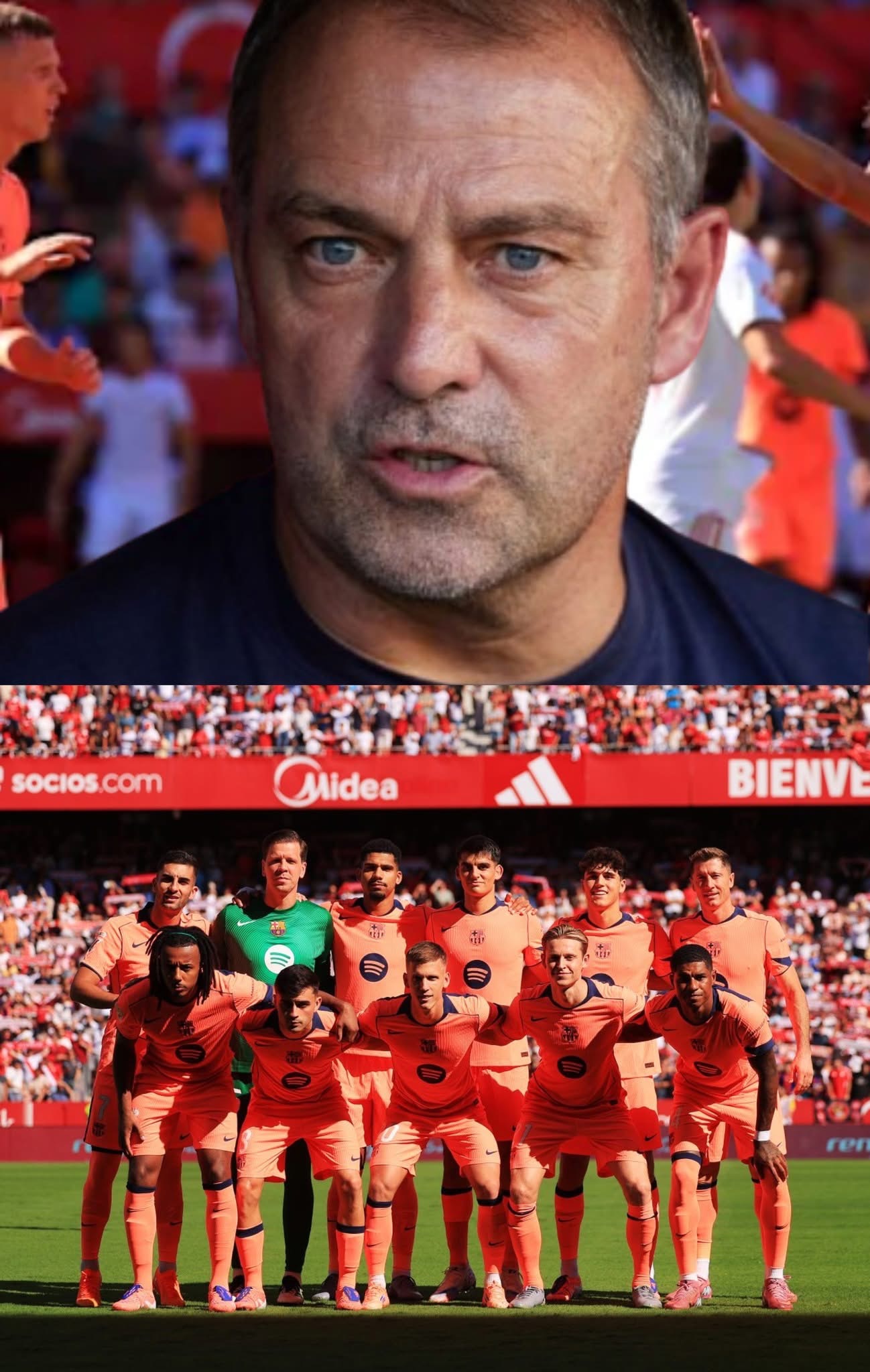Virgil van Dijk, widely regarded as one of the world’s premier defenders, received just seven points in this year’s Ballon d’Or voting. This surprisingly low score comes despite his pivotal role in Liverpool’s defense and his consistent performances at both club and international levels. Many observers expected a higher ranking for a player whose influence on the pitch has been immense, from organizing the backline to providing leadership in critical moments.
The low point total highlights a broader trend in global football awards, where attacking players often dominate the spotlight. While goals and flashy offensive contributions naturally attract attention, defensive excellence is sometimes undervalued in individual accolades. Van Dijk’s ability to control the game from the back, maintain composure under pressure, and neutralize some of the world’s top forwards does not always translate into the recognition it deserves.
Only two players in the 30-man shortlist performed worse in the voting, underscoring how even elite defenders can be overlooked when it comes to high-profile awards. This contrast raises questions about how the football world measures success and influence. It also reflects the subjective nature of awards like the Ballon d’Or, which are influenced not only by performance but also by visibility, narrative, and public perception.
The complete 30-man Ballon d’Or rankings provide an interesting perspective on the current state of world football. They show a clear preference for attacking brilliance, but they also allow for reflection on the true value of players whose contributions may not always be captured in statistics or headlines. For Liverpool supporters and football purists, Van Dijk’s low ranking serves as a reminder that individual awards do not always equate to a player’s actual impact on the field.







